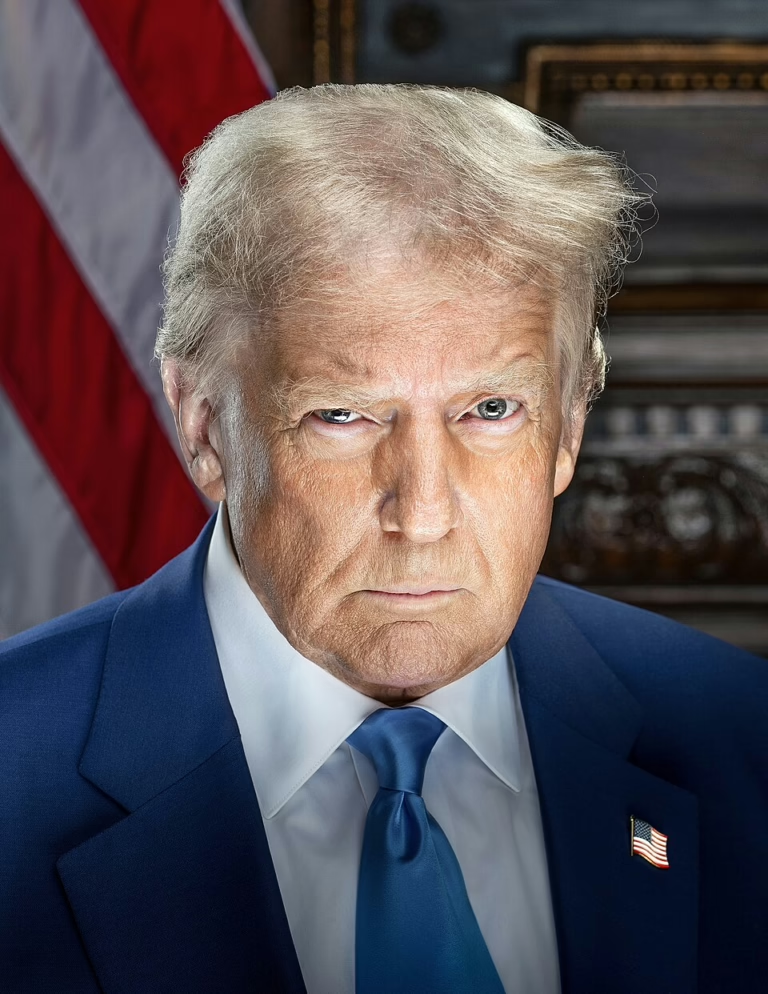Trump Implies Some Americans Favor Strongman Leadership Amid Federal Crackdowns
On Monday, August 25, U.S. President Donald Trump suggested that a segment of the American population might actually prefer authoritarian governance. This statement came as he defended his administration’s forceful federal interventions in Washington, D.C., and his initiative to criminalize flag desecration.
Defending Federal Actions and Law Enforcement Measures
During an extensive 80-minute briefing in the Oval Office, Trump criticized the media and political opponents for what he described as insufficient recognition of his efforts. He highlighted his deployment of the National Guard and his stringent policies targeting crime and immigration as necessary steps to restore order.
“Maybe We Like a Dictator”: A Controversial Assertion
Addressing reporters, Trump remarked, “They say, ‘We don’t need him. Freedom, freedom. He’s a dictator. He’s a dictator.’ But many people are saying, ‘Maybe we like a dictator.'” He quickly clarified his stance, emphasizing, “I’m not a dictator. I’m a man with great common sense and intelligence.”
Contextualizing Trump’s Leadership and Democratic Norms
These comments have drawn significant attention given Trump’s contentious relationship with democratic principles. After losing the 2020 presidential election to Joe Biden, Trump repeatedly made unfounded claims of electoral fraud and sought to overturn the results, culminating in the January 6 Capitol insurrection. Notably, he once declared he would act as a “dictator on day one” if re-elected in 2024, a statement that critics interpreted as an indication of authoritarian ambitions.
Expanding Federal Control Over Crime-Ridden Cities
Recently, Trump authorized the National Guard’s deployment in Washington, D.C., and took federal command of the city’s police force, citing rampant crime as justification. He has hinted at extending similar federal interventions to other Democratic-led urban centers such as Chicago and Baltimore. Earlier, he sent National Guard troops to Los Angeles despite opposition from state and local officials.
Criticism of State Leadership and Political Opposition
Trump singled out Illinois Governor JB Pritzker, accusing him of obstructing federal efforts to reestablish law and order. “When I see what’s happening in our cities, and then you send troops, and instead of praise, you hear, ‘You’re trying to take over the Republic,'” Trump said. “These people are sick.”
New Executive Order Targets Flag Burning Despite Legal Protections
On the same day, Trump signed an executive order aimed at investigating and prosecuting incidents of flag burning. This move challenges a 1989 U.S. Supreme Court decision that protects flag desecration as a form of free speech under the First Amendment.
Public Reaction: Polarized Views on Authoritarian Tendencies
The president’s statements and policies have ignited a heated debate nationwide. Critics warn that these actions signal a dangerous drift toward authoritarianism, undermining constitutional freedoms. Conversely, supporters commend Trump’s uncompromising approach to combating crime and restoring public safety.
Current Crime Trends and Federal Responses
According to the latest FBI data, violent crime rates in several major U.S. cities have surged by over 20% in the past year, intensifying calls for decisive action. Federal interventions, such as those initiated by the Trump administration, reflect a broader national discourse on balancing civil liberties with public security.























0 Comments